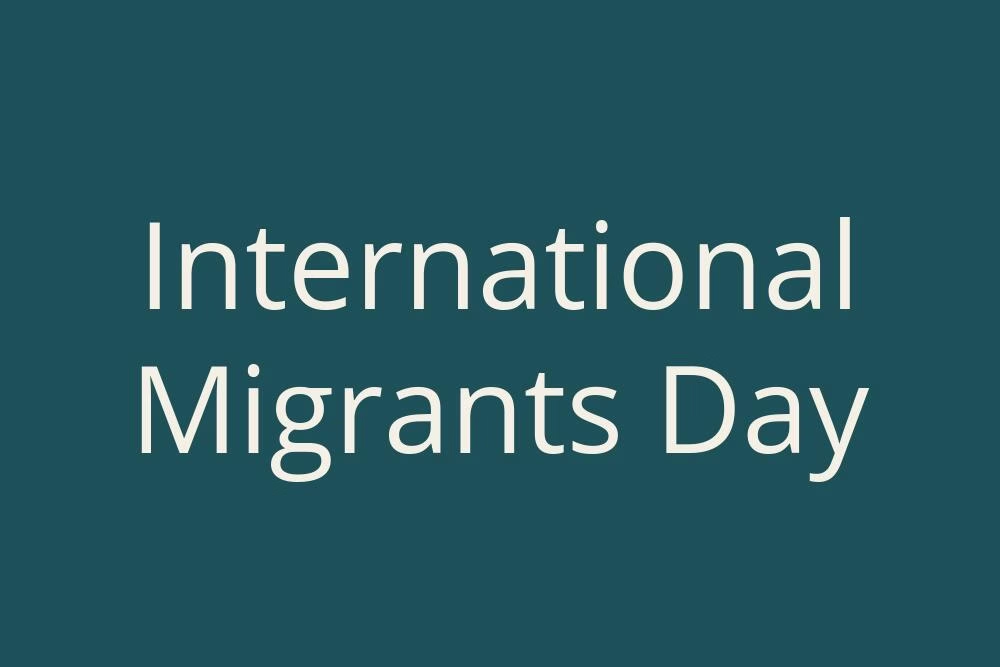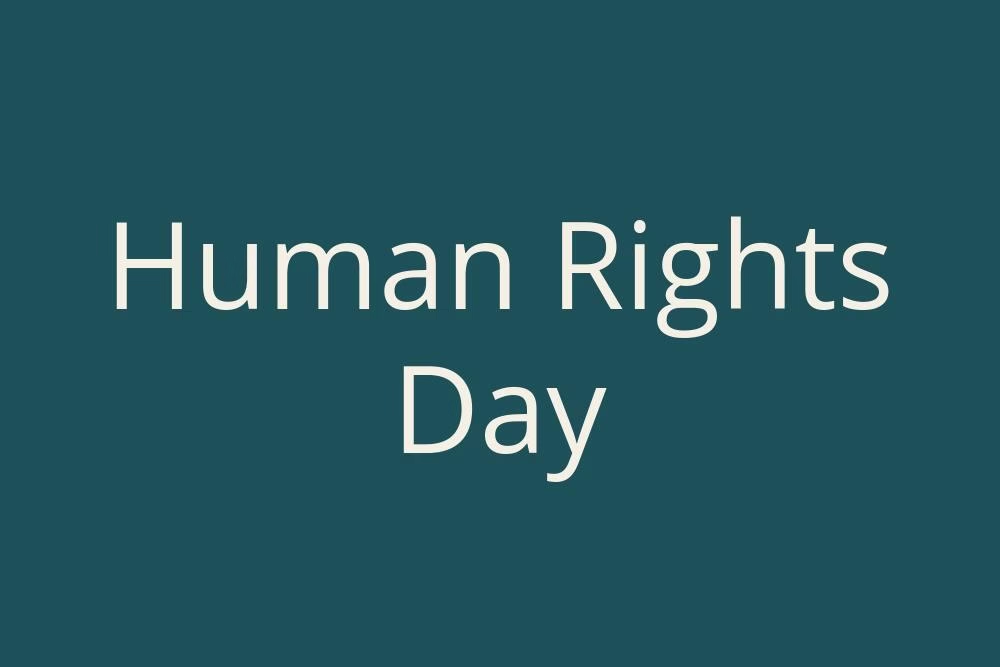Days Countdown
Weeks Countdown
Months Countdown
How Many Days Until International Day Of Women Judges? (2026-2050)
| Date | Day | Days Left |
|---|---|---|
| 2026 (March 10) | Tuesday | 37 days |
| 2027 (March 10) | Wednesday | 402 days |
| 2028 (March 10) | Friday | 768 days |
| 2029 (March 10) | Saturday | 1133 days |
| 2030 (March 10) | Sunday | 1498 days |
| 2031 (March 10) | Monday | 1863 days |
| 2032 (March 10) | Wednesday | 2229 days |
| 2033 (March 10) | Thursday | 2594 days |
| 2034 (March 10) | Friday | 2959 days |
| 2035 (March 10) | Saturday | 3324 days |
| 2036 (March 10) | Monday | 3690 days |
| 2037 (March 10) | Tuesday | 4055 days |
| 2038 (March 10) | Wednesday | 4420 days |
| 2039 (March 10) | Thursday | 4785 days |
| 2040 (March 10) | Saturday | 5151 days |
| 2041 (March 10) | Sunday | 5516 days |
| 2042 (March 10) | Monday | 5881 days |
| 2043 (March 10) | Tuesday | 6246 days |
| 2044 (March 10) | Thursday | 6612 days |
| 2045 (March 10) | Friday | 6977 days |
| 2046 (March 10) | Saturday | 7342 days |
| 2047 (March 10) | Sunday | 7707 days |
| 2048 (March 10) | Tuesday | 8073 days |
| 2049 (March 10) | Wednesday | 8438 days |
| 2050 (March 10) | Thursday | 8803 days |
Understanding the International Day of Women Judges
The International Day of Women Judges is a significant occasion celebrated annually on March 10. This day serves to recognize and promote the contributions of women to the judiciary and to advocate for gender equality within legal systems worldwide. Established by the UN, this observance is aimed at addressing persistent gender disparities and ensuring that women are adequately represented in high-level judicial positions.
The Importance of Representation
Representation in the judiciary is essential to fostering equal justice. Studies indicate that diverse judicial panels better reflect societal values and can enhance public trust in the legal system. However, as of the early 21st century, women have been underrepresented in judicial roles across many countries. This imbalance raises questions about fairness and equality in governance and legal proceedings.
Historical Context
The journey toward gender parity in the judiciary has evolved over decades. Historically, women faced numerous barriers to entering the legal profession. While figures such as Ruth Bader Ginsburg and Sandra Day O’Connor in the United States marked significant milestones, the global narrative varies widely. For instance:
| Country | First Female Judge | Year Appointed | Current Percentage of Female Judges |
|---|---|---|---|
| United States | Sandra Day O’Connor | 1981 | 37% |
| India | Fatima Beevi | 1989 | 29% |
| South Africa | Mpumi Mpofu | 1994 | 44% |
Global Efforts for Gender Equality in the Judiciary
Various international organizations advocate for gender equality in the judiciary. For instance, the International Association of Women Judges works tirelessly to support women judges globally, providing resources and networking opportunities to strengthen their roles within judicial systems. Additionally, the UN has implemented various initiatives, such as:
- Training Programs: Designed to equip women with the necessary skills and confidence to pursue judicial roles.
- Awards and Recognitions: Highlighting outstanding achievements by women in the judiciary.
- Policy Advocacy: Working with governments to create laws that promote gender equality.
Challenges Ahead
Despite advancements, challenges remain. Cultural norms and biases often impede women from ascending to higher judicial ranks. Moreover, there is a pressing need for continuing education about the importance of women’s participation in the legal field. Engaging communities and fostering supportive environments can contribute significantly to overcoming these barriers.
Looking to the Future
As we look toward the future, the International Day of Women Judges represents more than just a celebration; it is a reminder of the ongoing efforts required to achieve gender parity in the judicial system. The global commitment to uphold the principles of justice must include amplifying women’s voices and ensuring diverse representation. By uniting efforts, there is great potential to cultivate a legal environment that is just, equitable, and reflective of the societies it serves.


